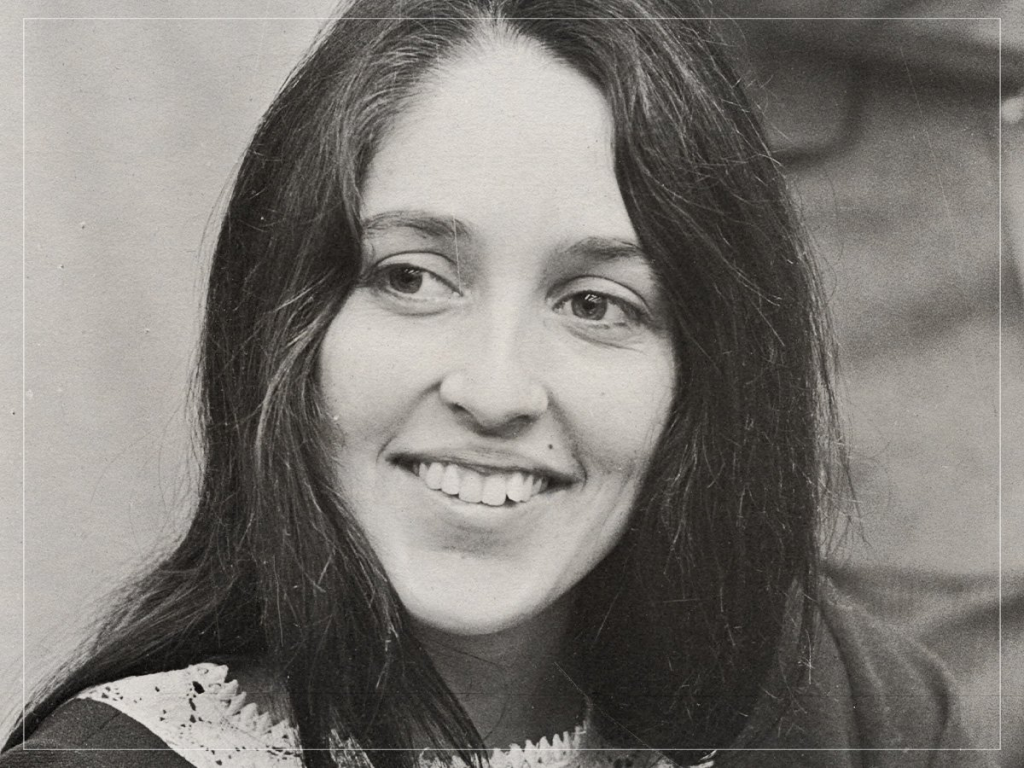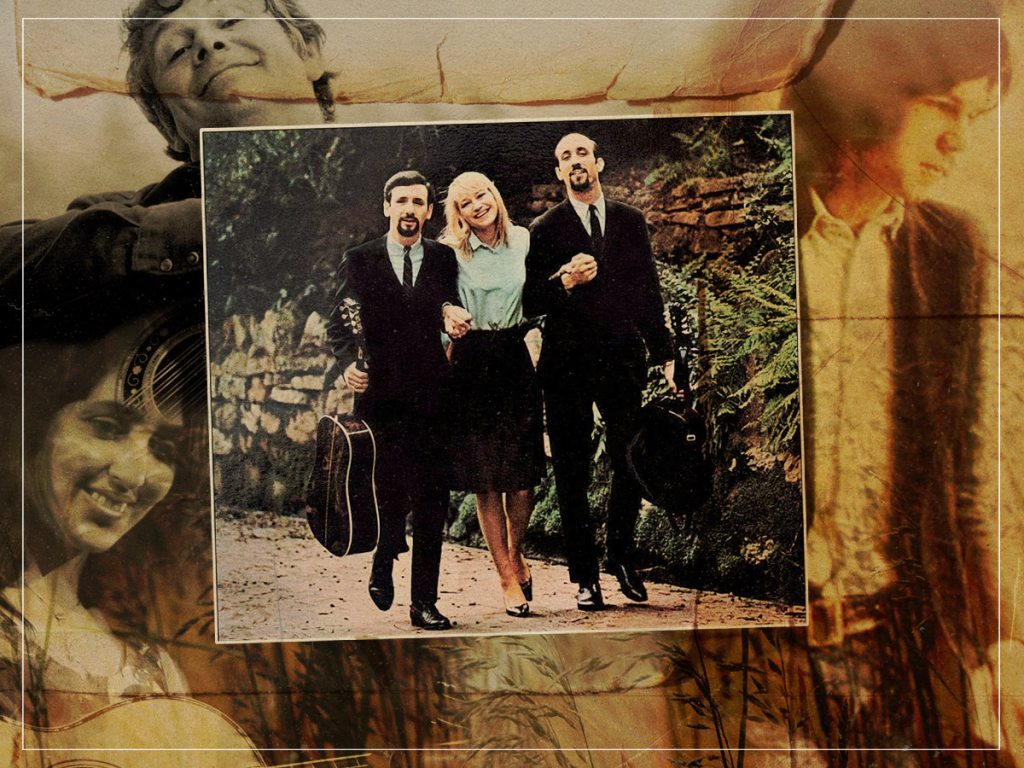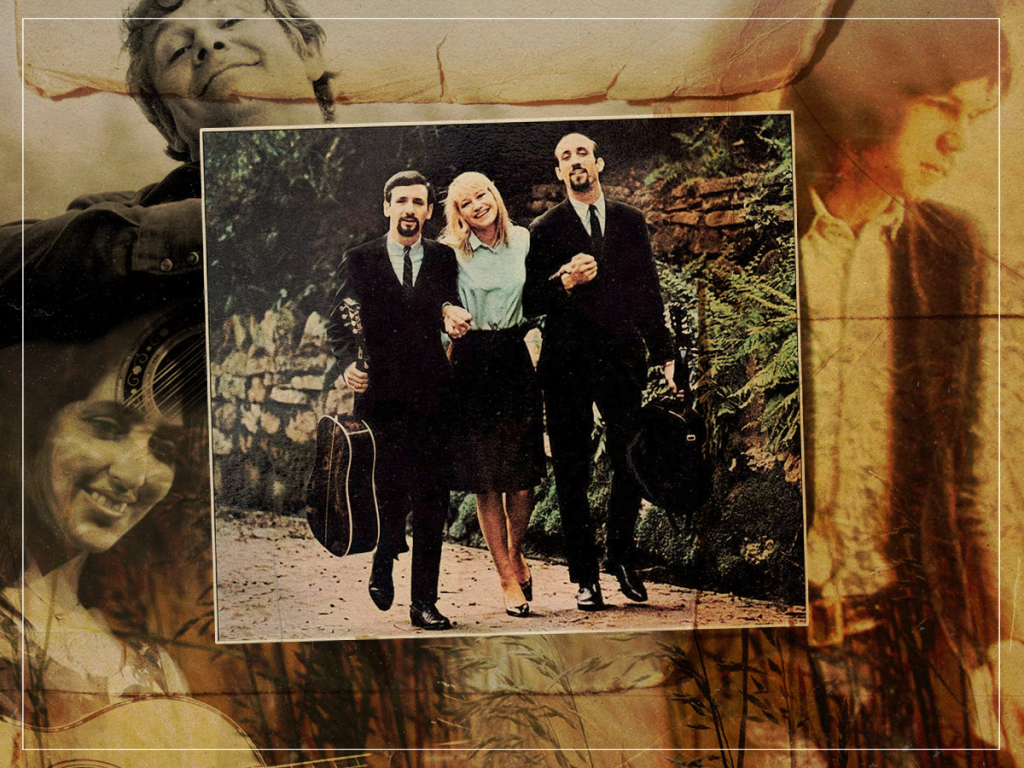
If you’ve ever been on a terrible date with a record-collecting hipster, you will be all too aware of the disparity between what music people actually listen to and what they say they listen to in order to look cooler or more interesting.
It would appear, however, that this vapid form of cultural posturing is not limited to bearded blokes in record stores; even all-time greats like Joan Baez are guilty.
Countless different music scenes, subcultures, and fanbases are plagued by misguided ideas of what you should and shouldn’t listen to. You only need to utter the name Frank Zappa in order to be presented with a condescending list of which albums you should buy and which you should ignore, typically based on little more than popular opinion. One scene which has always been particularly afflicted with these pretensions is the age-old world of folk music, of which Baez became a pillar of influence back in the 1960s.

Folk is a difficult genre to succinctly summarise, given the fact that it could refer to a vast plethora of different sounds from all across the world and throughout multiple centuries. At least in the case of American folk, though, there is an obsession with historical accuracy and artistic integrity within the scene. After all, those acoustic songs were passed down from generation to generation, so why should they be changed to reflect modern issues or pander to commercial markets?

It is so often the case that artists are attacked for their commercial successes, and the folk realm is certainly no different. When Bob Dylan went electric back in 1965, he was ruthlessly berated by the folk audience who had adored his earlier work, but their anger wasn’t rooted entirely in the presence of an electric guitar; it was also the fact that, by going electric, Dylan would open himself up to a much wider, mainstream audience. In that respect, Dylan certainly wasn’t the first folk hero to betray the scene.
In the eyes of many, for instance, The Kingston Trio represented a bastardisation of folk back in their 1950s heyday. Despite the fact that the Californian trio were integral in the folk resurgence of the mid-20th century, without which we would not have artists like Dylan, Baez, or Ochs, among countless others, that very same folk revival scene quickly disowned the trio when they started to amass colossal mainstream success.
“I had to hide them at the back of the record collection,” Joan Baez declared in a Chicago Humanities interview. Seemingly, the songwriter had enough appreciation for the trio to buy their LPs, but not enough that she would advertise that fact. “They’re way too commercial,” she explained, quantifying: “I loved them […] but I couldn’t let anybody know what my snooty folks think, no ma’am.”
Thankfully, with the effects of maturing, Baez is now free to espouse her adoration for The Kingston Trio, and all they did to advance American folk into the 20th century. Nevertheless, the fact that she felt compelled to hide that adoration back in her 1960s heyday is telling of the levels of pretentiousness and performance involved in the American folk scene of the day. Nowadays, we are all free to enjoy The Kingston Trio without fear of judgement.
Leave a Reply